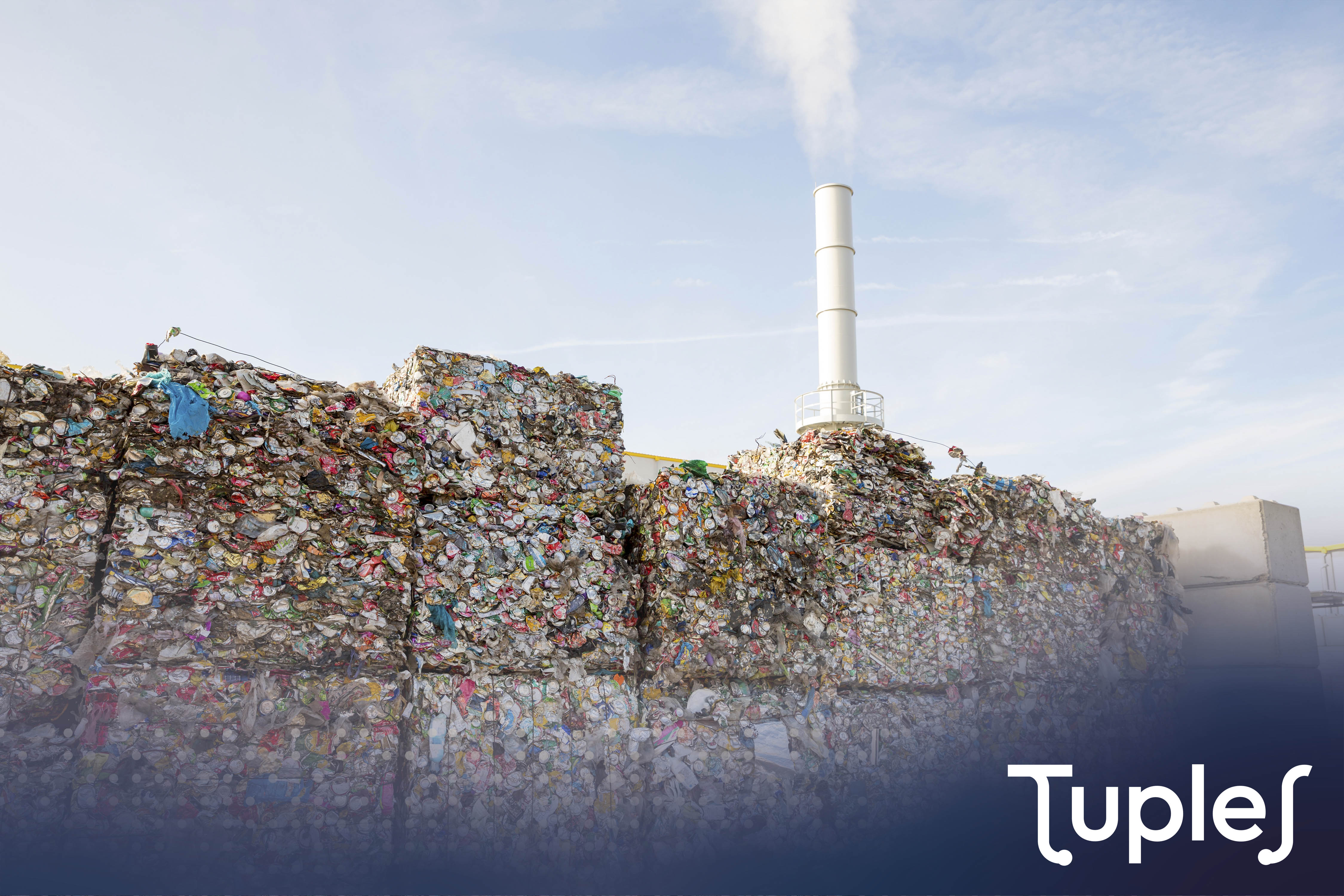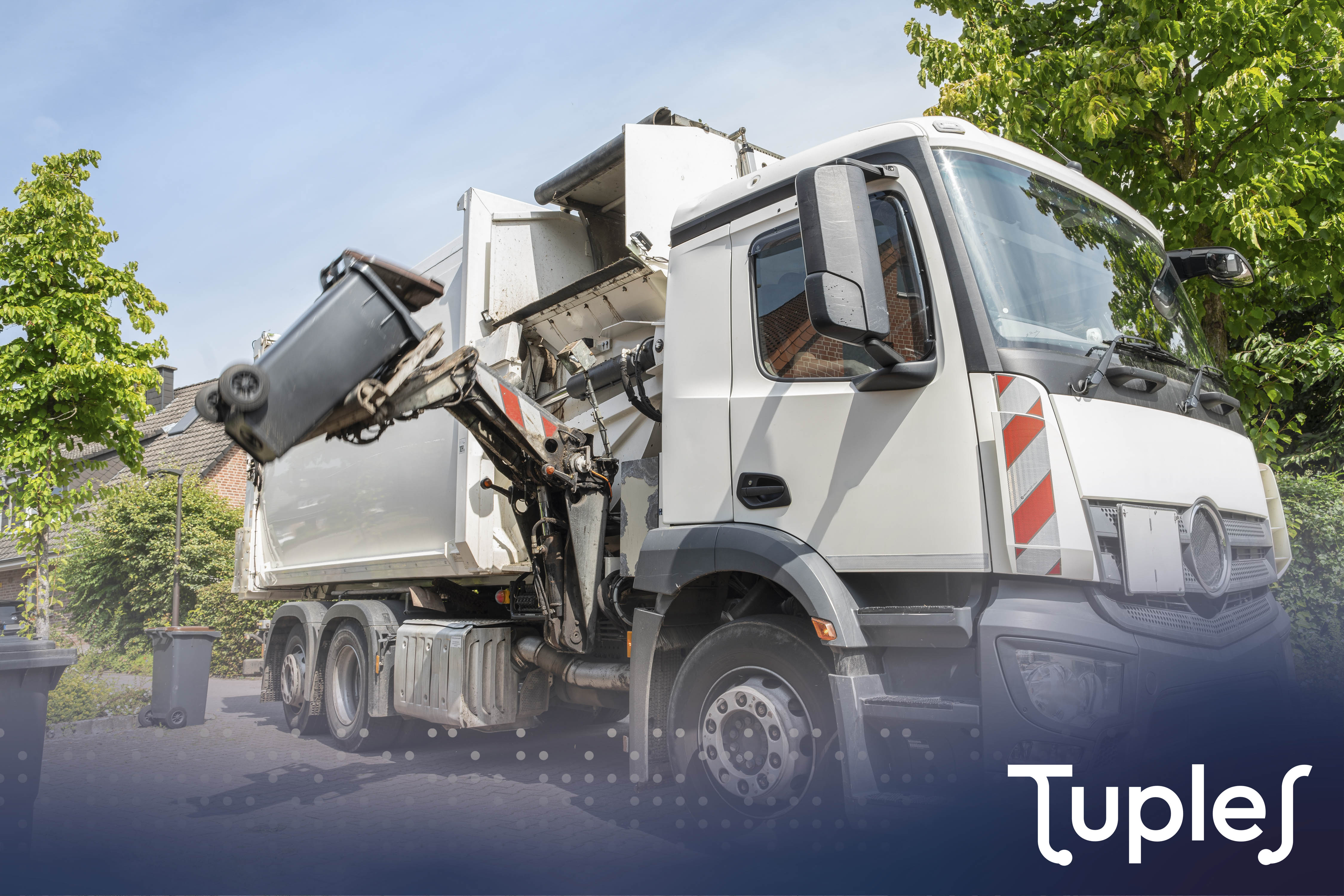The European project Tuples, which includes researchers from the Faculty of Electrical Engineering at the Czech Technical University, is developing trustworthy artificial intelligence for decision-making. The system is already smartly planning waste collection in cities.
Artificial intelligence organizes waste collection and explains why
Imagine a city where waste collection is managed not only by humans, but also by artificial intelligence. This isn't a futuristic scenario from a sci-fi movie; it's becoming a reality thanks to the European project Tuples, in which researchers from the Faculty of Electrical Engineering at the Czech TechnicalUniversity in Prague are also participating.
The project's goal is to develop AI systems that help people plan and make decisions while also clearly explaining the reasoning behind those decisions.The Tuples project (TrUstworthy Planning and Scheduling with Learning and ExplanationS) brings together academics and companies from across Europe, from KU Leuven to Airbus, as well as startups focused on sports data. Together, they are finding a way to combine the benefits of traditional approaches (logic and clarity) with modern data learning (adaptability and performance).
One of the five specific cases where Tuples is testing its technologies is municipal waste collection, which demonstrates how AI can improve the daily lives of a city and its residents.
Where to take it? And when?
Ensuring regular and efficient waste collection is more complicated than it might seem. Cities must plan routes so that vehicles can serve as many locations as possible with as few kilometers as possible, all while accounting for container capacity, traffic restrictions, or equipment failures.
Today, people often manage these operations manually or with simple tools. This can result in inefficient operations, such as unnecessary detours, overloaded routes, or unemptied containers. This is where the artificial intelligence being developed by experts from the Czech Technical University within the Tuples project can help.
The system uses data on routes, container fill levels, traffic conditions, and weather to automatically suggest an optimal collection plan. For example, if a vehicle breaks down or a street is closed, the AI immediately recalculates the plan and offers an alternative route.
Trust, but verify
One of the main goals of the Tuples project is to build trust in AI. People are sometimes hesitant to hand over decision-making to machines precisely because they don't understand them. That's why scientists are combining approaches that allow the AI to not only make smart decisions but also to explain, justify, and adapt the results to specific conditions.
In waste collection, this means the system can factor in things like night time noise restrictions in residential areas, temporary entry bans, or the need to service certain locations at precise times. The system includes all of this in its calculations and can offer a new plan in real-time if circumstances change.

Cities without unnecessary crossings
The benefits of such an AI system are clear: fuel savings, lower emissions, less noise, fewer breakdowns, and higher service reliability for citizens. Additionally, cities can gain deeper insights into how their waste management actually works and where there is room for improvement.
AI also helps pilots and sports managers
In addition to the municipal sector, the Tuples project is applying its technology in other fields. In aviation, it helps with aircraft production planning and assists pilots during flights, where the AI can suggest optimal decisions in crisis situations and justify them in a way that is understandable to the human crew.
In the energy sector, AI optimizes the operation of distribution networks, considering variable loads and renewable sources. And in professional sports—for example, in football—it assists managers in building teams based on performance data and tactical needs. In all these cases, the key is that the AI provides not only a solution but also the reasoning behind it.
The Tuples project shows that artificial intelligence doesn't have to be just an abstract concept or a threat from the movies. It's a practical tool whose benefits we can feel right on the street in front of our house. Thanks to experts from CTU and their partners from all over Europe, AI may soon have an important say in when and how your waste is collected—and why.
This article was originally written for Nový prostor, Czech magazine helping people in distress.




